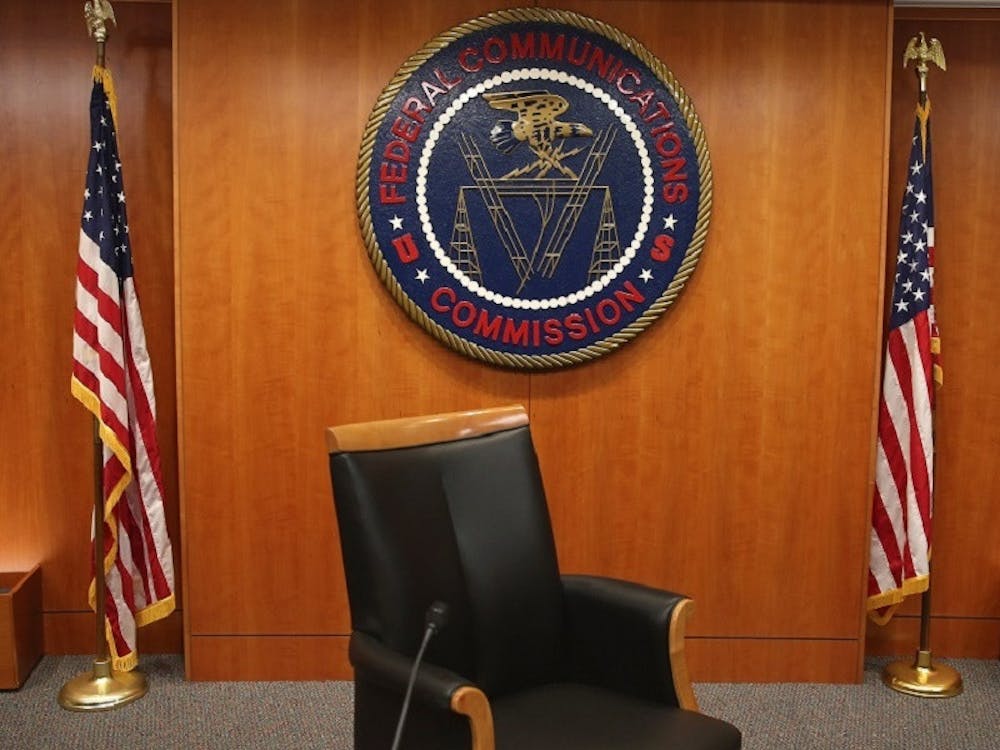by Nolan Leahy On March 23, the US Senate voted to permit Internet Service Providers to sell their consumers’ web browsing history to advertisers that would have previously required customer permission to accomplish, according to The Verge. Previously in October, the Federal Communications Commission created privacy rules that the ISP’s initially needed to stand by in order to sell Internet browsing data and other private information. ISPs at this time were against the rules and FCC Chairman Tom Wheeler rebutted with a statement saying:
“Last week, I visited Consumer Reports’ headquarters in Yonkers, New York, where I toured their product testing facility and met with senior leadership. When looking at a smart refrigerator that collects and shares data over the Internet, the discussion turned to privacy. Who would have ever imagined that what you have in your refrigerator would be information available to AT&T, Comcast, or whoever your network provider is?“He also argued that it is commonly difficult for individuals to swap ISPs and how easily they can examine their customers’ online activities because of this difficulty. As time passes, the consumer market is changing into a more digitally involved environment where information is vital to everyone whether being a government employee working in foreign intelligence to being a simple teenager following the next big-budgeted video game release. With consumer browsing history being sold from ISPs, advertisers are looking into making ads even more tailored to the individual. But how is this different than something such as tracking cookies? With cookies, browsing information is sent from personal logging and browsing history to third party websites who gather information on how long a person visited or looked at a product. With browsing history being sold from ISPs, there’s much more potential in terms of information that they can gather. For one, smaller ISPs are going to be a game-changer considering that they only geographically cover a certain area unlike Comcast or AT&T. Companies like Metronet, who provide fiber optic services in two states, could prove to be valuable to advertisers since a more specific demographic based on a geographical standpoint would be shown. With the ISPs getting aggressive on browsing history and the first amendment invasion of privacy protection, it is considerable that futurist claims are following through with privacy becoming more difficult to behold. Amy Webb, a futurist who writes for the New York Times, wrote in August 2014 covering how children are becoming targets for databases, and with today’s Senate vote, so will your ISPs from ad agencies in the competitive information market.
Sources: FCC, Recode, New York Times Image: Tech Times



















